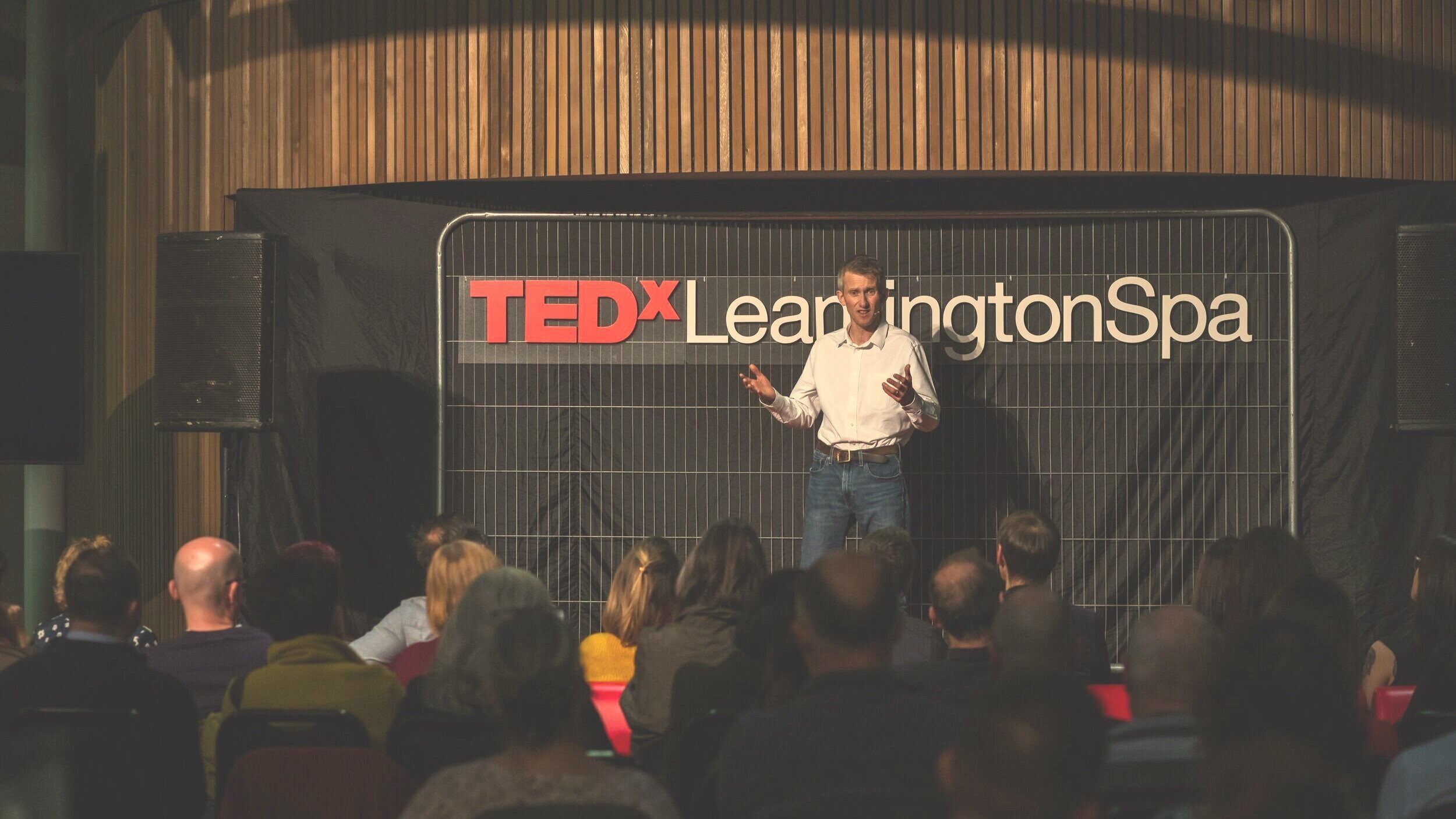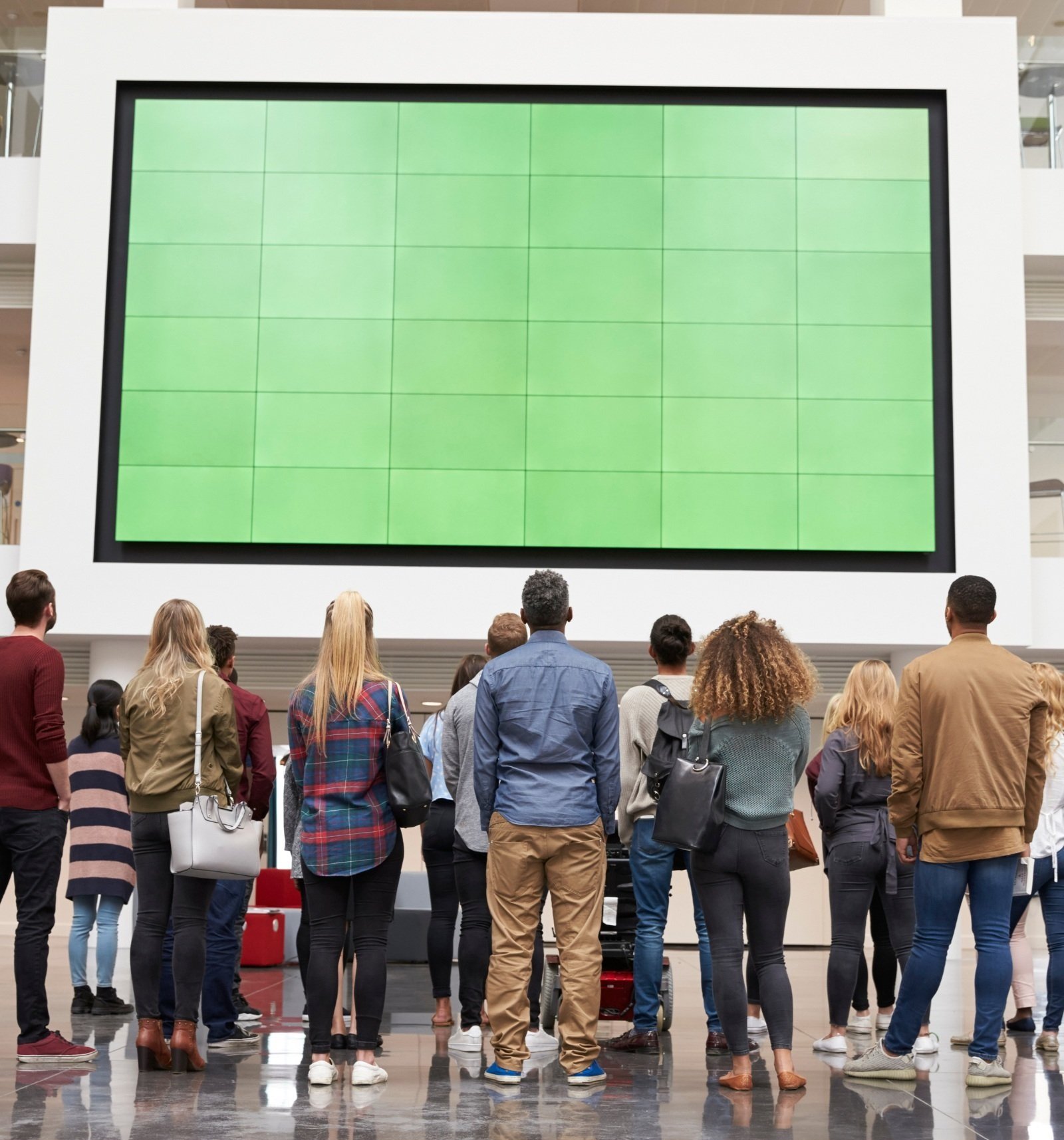
Communities of Belonging

Why loneliness leads to disengagement and how to beat it
Nearly one quarter of the world population feels lonely, with the highest levels of loneliness being reported by those between the age of 19-29.
15% of men say they have no close friends at all.
The number of Kudokushi deaths, where the deceased person is not found for months after their death, is quickly rising (according to data from Japan and the UK).
It’s been a turbulent few years for most people around the globe and given that the next 10 years are not likely to be any less challenging than the last 10 years (in terms of geo-political issues, climate change, the pace of modern life and technological change etc) the question of building thriving communities, is urgent and important for all organisations.
Without active communities, issues such as absenteeism, presenteeism, burnout, low morale, working in silos, communication issues, misunderstanding and a high turnover of staff are likely to characterise our organisations. If social connection is in our human DNA, then two hugely important questions need to be answered:
How do you create communities where people belong and can reach out for support?
How do you break down cliques and reduce levels of loneliness within your organisations?
In this talk, we will explore:
Why community safeguards human wellbeing, fosters peak performance and supports ongoing innovation (drawing on global research)
Why community spirit is under pressure today and what that means for our organisations.
Cliques? What are they? How do they form? Why are they so difficult to spot?
How do you start meaningful conversations with someone you might be worried about and/or those who don’t easily interact with others?
Why loneliness is a vicious cycle and how to reconnect if you’ve become isolated.
How to improve your own community building skills, from the small every-day habits, to the longer term shifts in your thinking?
Lessons from the best: drawing on the wisdom of some of the best community builders to have been on my podcast, how do you build thriving communities within the workplace?